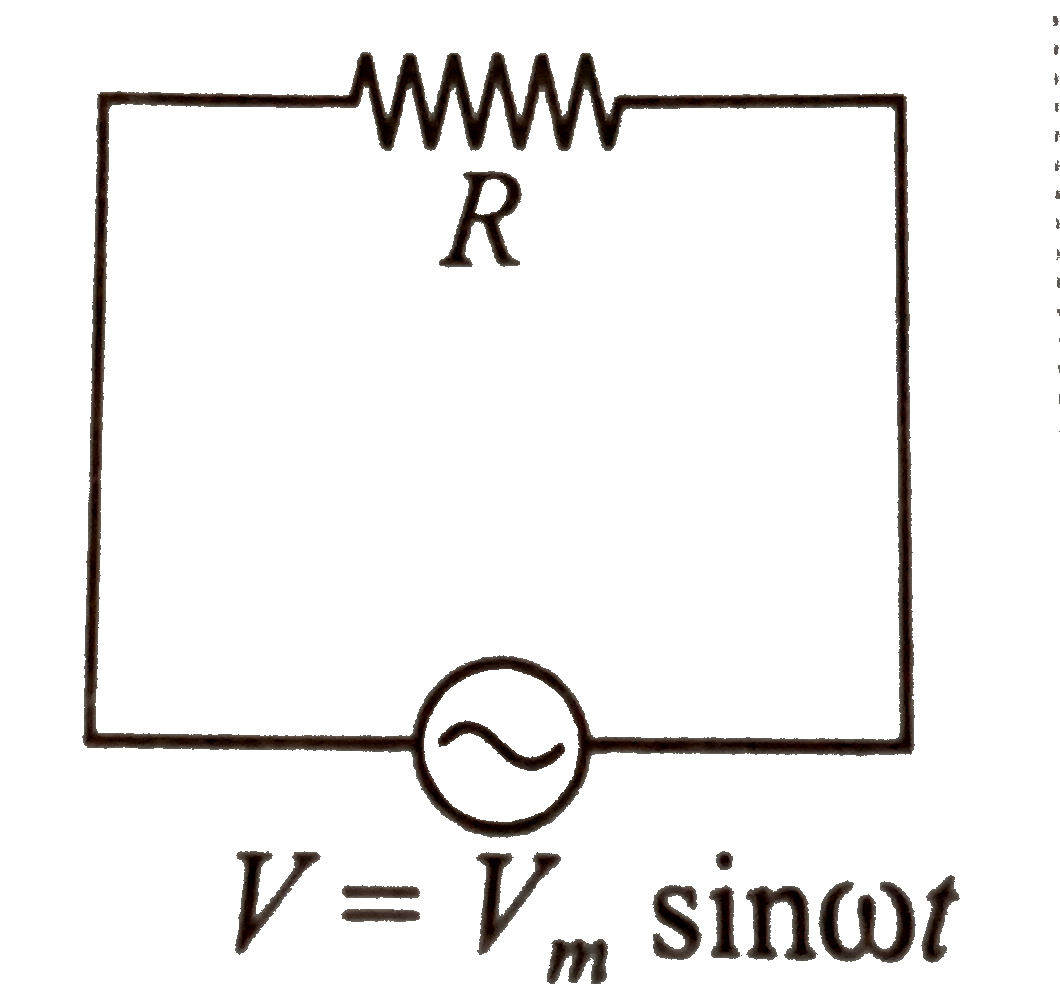(i) An a.c. Source of voltage V=V0 sin ωt is connected to a series combination of L,C and R . Use the phasor diagram to obtain expression for impedance of the circuit and phase angle between voltage and current . Find the condition when current will be phase with the voltage . What is the circuit in this condition called ?
(ii) In a series LR circuit XL=R and power factor of the circuit is P1. When capacitor which capacitance C such that XL=XC is put in series , the power factor becomes P2 .Calculate P1/P2

Step by step video & image solution for (i) An a.c. Source of voltage V = V_(0) " sin " omegat is connected to a series combination of L,C and R . Use the phasor diagram to obtain expression for impedance of the circuit and phase angle between voltage and current . Find the condition when current will be phase with the voltage . What is the circuit in this condition called ? (ii) In a series LR circuit X_(L) = R and power factor of the circuit is P_(1). When capacitor which capacitance C such that X_(L) =X_(C) is put in series , the power factor becomes P_(2) .Calculate P_(1)//P_(2) by Physics experts to help you in doubts & scoring excellent marks in Class 12 exams.
Updated on:21/07/2023Topper's Solved these Questions
- ALTERNATING CURRENT BOOK - MODERN PUBLICATIONCHAPTER - ALTERNATING CURRENT EXERCISE - Revision Exercises (Long Answer Questions )
10 Videos
- ALTERNATING CURRENT BOOK - MODERN PUBLICATIONCHAPTER - ALTERNATING CURRENT EXERCISE - Revision Exercises (Nuumerical problems )
18 Videos
- ALTERNATING CURRENT BOOK - MODERN PUBLICATIONCHAPTER - ALTERNATING CURRENT EXERCISE - Revision Exercises (Fill in the Blanks )
10 Videos
- ATOMS BOOK - MODERN PUBLICATIONCHAPTER - ATOMS EXERCISE - Chapter Practice Test
16 Videos
Similar Questions
(i) An a.c. source of voltage V=Vmsinωt is connected to a series combination of L, C and R. Use the phasor diagram to obtain expressions for impedance of the circuit and phase angle between voltage and current. Find the condition when current will be in phase with the voltage. What is the circuit in this condition called ?
(ii) In a series LR circuit XL=R and power factor of the circuit is P1 . When capacitor with capacitance C such that XL=XC is put in series, the power factor becomes P2 . Calculate P1/P2
View SolutionAn ac source of voltage V=V0sinωt is connected to a series combination of L, C and R. Use the phasor diagram to obtain expressions for impedance of the circuit and phase with the voltage. What is circuit in this condition called?
View Solution
Knowledge Check
The phase difference between voltage and current in series L-C circuit is
A0∘BπCπ2Dπ3An ac source of voltage V=Vmsinωt is connected across the resistance R as shown in figure. The phase relation between current and voltage for this circuit is
 Aboth are in phaseBboth are out of phase by 90∘Cboth are out of phase by 120∘Dboth are out of phase by 180∘
Aboth are in phaseBboth are out of phase by 90∘Cboth are out of phase by 120∘Dboth are out of phase by 180∘At resonance, what will be the phase difference between voltage and a current in a series LCR circuit connected to an ac source?
Aπ2Bπ4Cπ6D0
A source of a.c. voltage V=Vmsinωt is connected to a series combination of a capacitor C and a resistor R. Draw the phasor diagram and use it to obtain the expression for (i) impedance of the circuit, and (ii) phase angle.
View SolutionWith the help of a phasor diagram find an expression for impedance (Z) in a series L-C-R circuit.
View Solution(a) An AC source of voltage V=V0sinωt is connected across a series combination of an inductor a capacitor and a resistor . Use the phasor diagram to obtain the expression for the impedance of the circuit and phase angle between the voltage and the current.
(b) A capacitor of unknown capacitance a resistor of 100 Ω and an inductor of self - inductance L =(4/π2) henry are in series connected to an AC source of 200 V and 50 Hz . Calculate the value of the capacitance and the current that flows in the circuit when the current is in phase with the voltage .
View Solution(a) An a.c. source of voltage V=Vmsinωt is connected across a series combination of an inductor, a capacitor and a resistor. Use the phasor diagram to obtain the expression for
(i) impedance of the circuit, and
(ii) phase angle between the voltage and the current
(b) A capacitor of unknown capacitor, a resistor of 100Ω and an inductor of self-inductance L=4π2H are connected in series to an a.c. source of 200 V and 50 Hz. Calculate the value of the capacitance and the current that flows in the circuit when the current is in phase with the voltage.
View SolutionAt resonance, what will be the phase difference between voltage and a current in a series LCR circuit connected to an ac source?
View Solution
